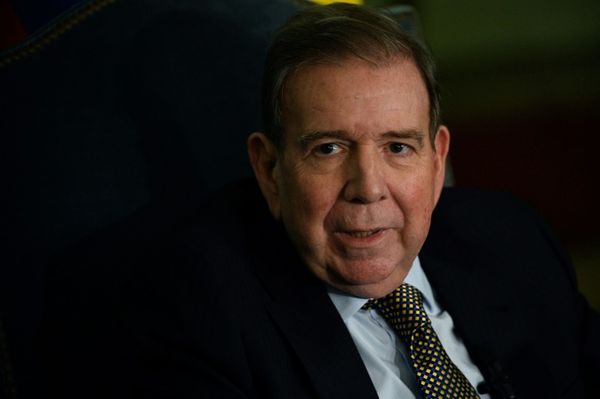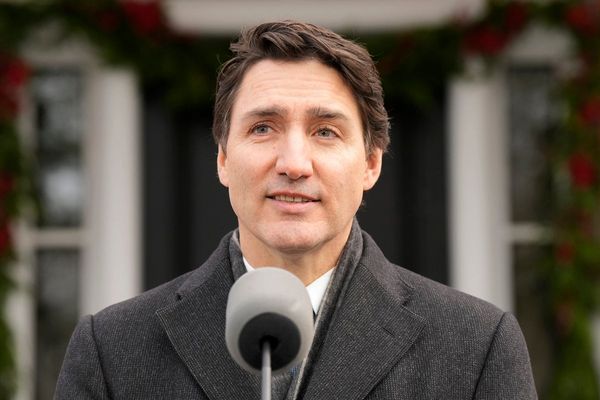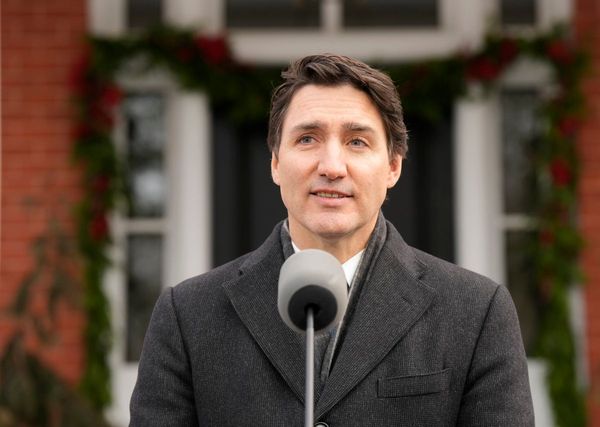The inflation rate in the UK has hit 10.1 per cent, marking another record-breaking month.
Consumer Prices Index inflation (CPI) reached 10.1 per cent in July, the Office for National Statistics (ONS) revealed, making it the highest it has been in 40 years - and it is expected to rise to 13 per cent later in the year.
According to the Bank of England, it is being driven by the energy crisis, which is forecasted to put energy bills to £4,650 in January and £5,456 from April.
READ MORE- Drivers warned of £1,000 fine for trying to save money on petrol via popular manoeuvre
The increase was largely down to food prices and staples including toilet rolls and toothbrushes, the ONS said.
Sign up to Glasgow Live newsletters for more headlines straight to your inbox
The rate of inflation is the rate in which the price of things rise. Measures of inflation include CPI, which looks at the price of goods. When the rate of inflation is rising, it means we can expect the price of food and other products to rise.
However there has been criticism, as wages have not been rising at the same pace. The average wage only rose by 4.7 per cent in the year to June 2022 and the Bank of England have warned the rising inflation could push the UK into a recession.
While not all items are rising in price, dairy, meats, flour and pasta rose in price significantly, and experts warn that the price cap increase will push the inflation rate to around 13 per cent in October.

ONS chief economist Grant Fitzner said: “A wide range of price rises drove inflation up again this month.
“Food prices rose notably, particularly bakery products, dairy, meat and vegetables, which was also reflected in higher takeaway prices.
“Price rises in other staple items, such as pet food, toilet rolls, toothbrushes and deodorants, also pushed up inflation in July.
“Driven by higher demand, the price for package holidays rose, after falling at the same time last year, while air fares also increased.
“The cost of both raw materials and goods leaving factories continued to rise, driven by the price of metals and food respectively.”
READ NEXT-
Drivers warned of £1,000 fine for swearing under little-known law
Darius Campbell Danesh: Simon Cowell and Gareth Gates lead tributes to late star
DWP confirm Cost of Living Payment dates for people receiving tax credits
Shoppers left divided over what nostalgic summer snacks from childhood are called
The Glasgow trains affected by strike action as ScotRail issues warning







